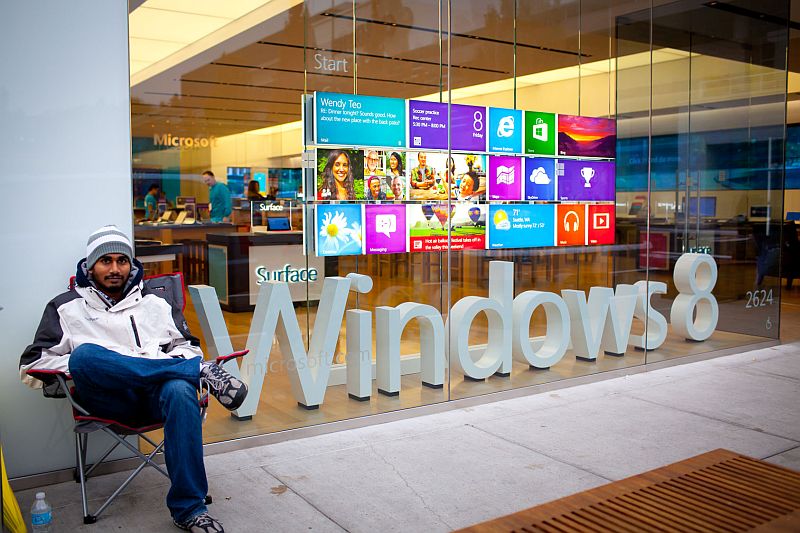What? A new file system bug is reported that is able to crash PCs? Seriously, it seems that issues associated with older Windows versions are never ending. However, contrasting WannaCry ransomware, this new file system bug will not lock older systems used for bitcoins. The new is discovered and reported by Aladdin RD, a security company, and says that the bug is connected to a special metadata file named “$mft.”
Ars Technica acknowledges that the NTFS file system of operating system uses metadata files and these files are present in the root directory of every NTFS volume. However, NTFS drivers handle these files in “special ways,” and are hidden and not accessible by most of the software. This results in slowing down of other system processes and consequently hangs the system. A straightforward and trouble-free solution for this problem is to restart the system.
A spokesperson from Microsoft said that their engineers are presently assessing the information. The company has a commitment to its customers in order to examine the reported issues related to security and provide updates at the earliest.
Researchers explain that if someone tries to open the file with regard to $mft file, the system function is unable to find it, as this function has some different way to search it—different than other system functions finding the file every time. As a result, the work cycle starts, beginning with the root file system. If in case “$mft” is utilized as a part of any directory name, for example, C:\$MFT\coo, the system that runs Windows 8.1 and earlier versions may crash. The system function attempts to open the file, and gets trapped in a loop unless the machine is restarted.
Researchers further claim that the new system bug can let any malicious website to load any image with “$mft” name in its directory path, which older version of Windows were not able to handle properly. Especially, this new system bug does not affect Windows 10 users. The report furthers states that most of the browsers will try to avoid and block attempts for using a resource such as an image in the above example; however, older browsers, such as Internet Explorer, will try opening the file yet.

